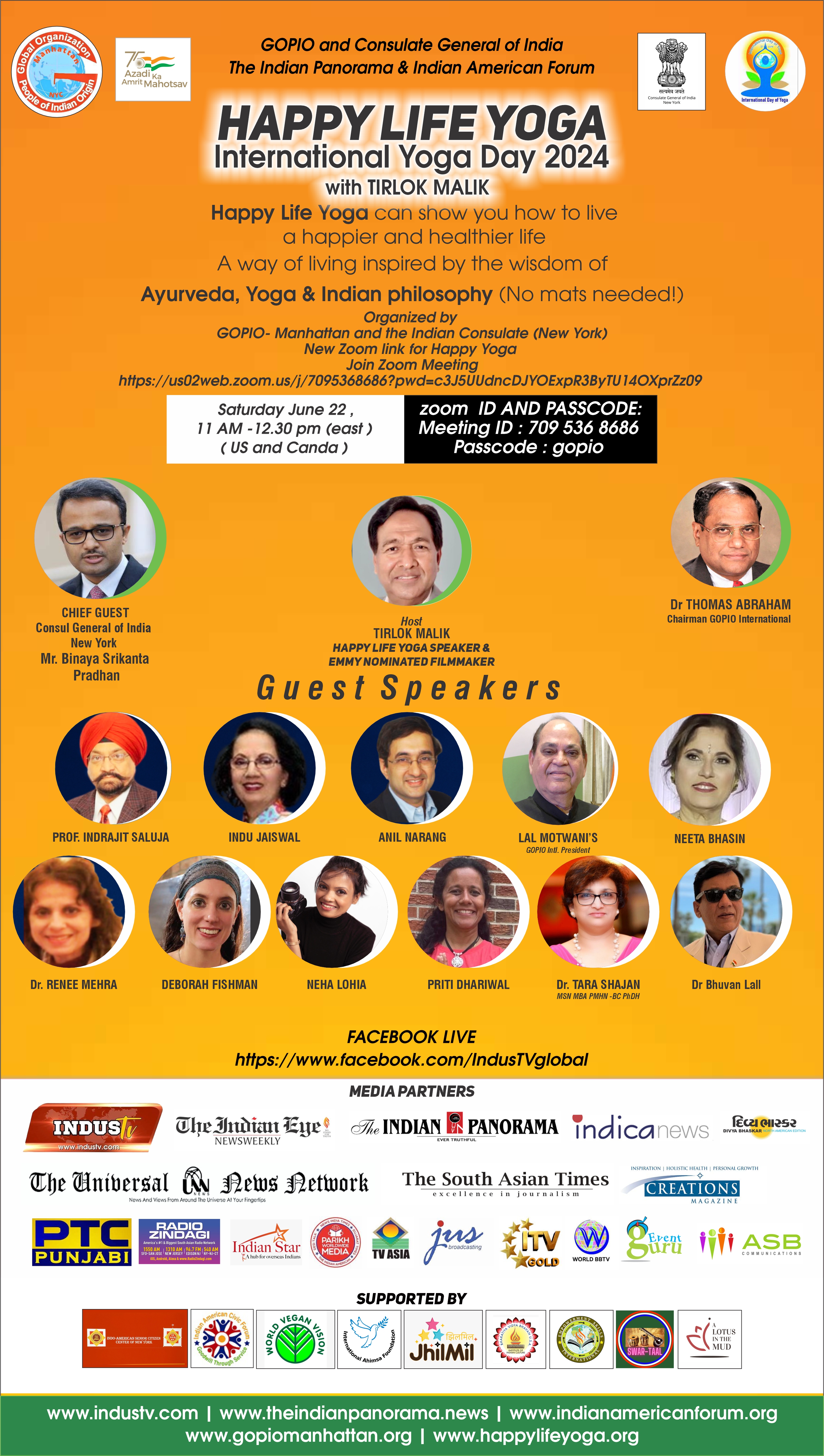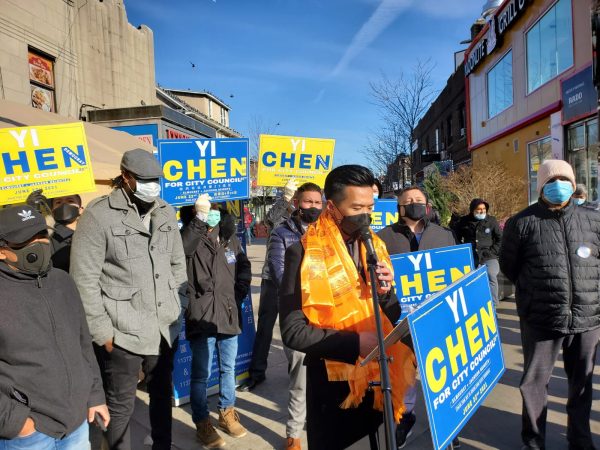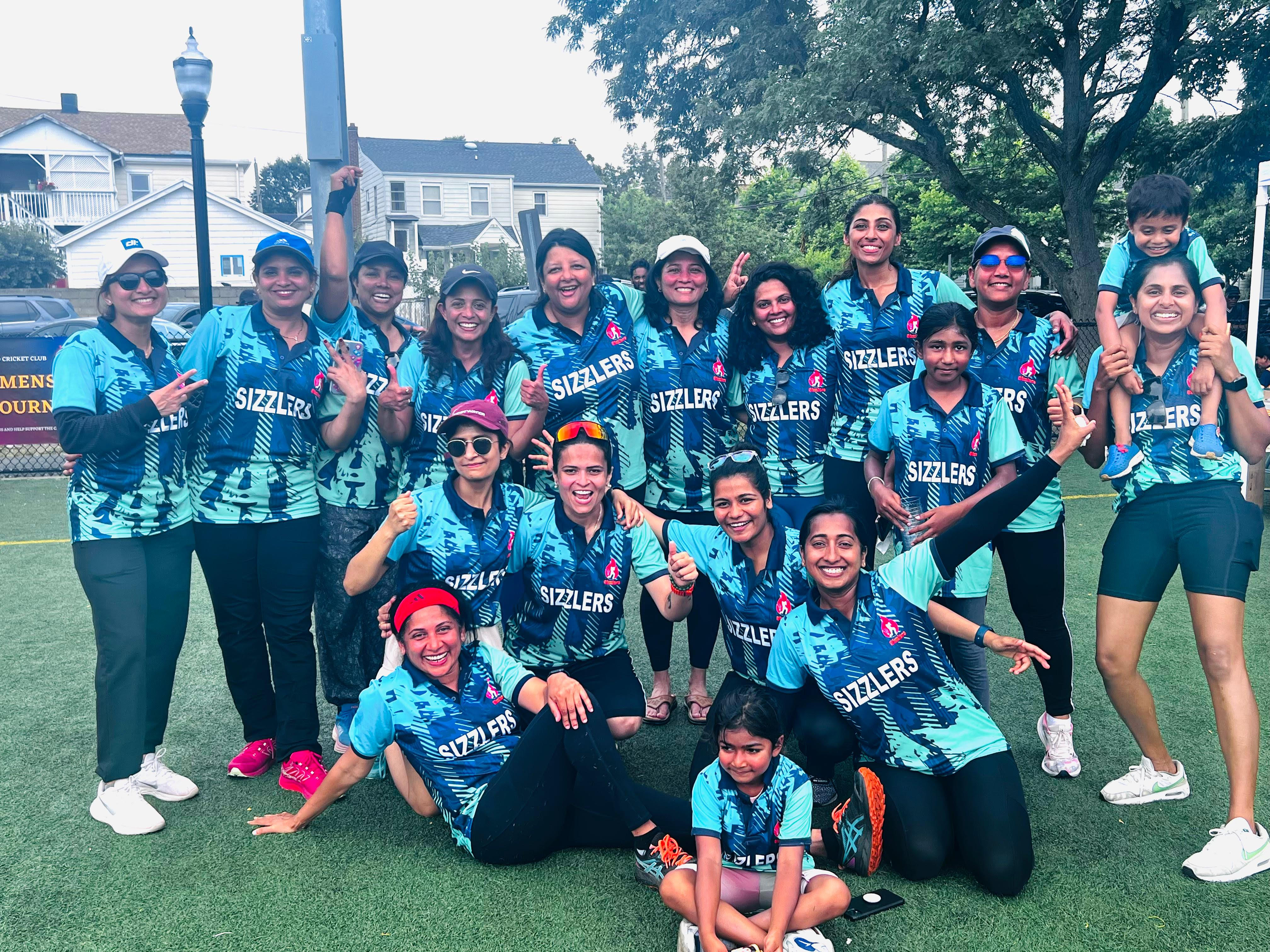CURE Builds on Adams Administration’s Small Business Forward Initiative, Strengthens Trust Between Local Businesses, Law Enforcement, and Local Communities
Our Bureau
New York, NY
New York City Mayor Eric Adams, New York City Police Department (NYPD) Commissioner Edward A. Caban, New York City Department of Small Business Services (SBS) Commissioner Kevin D. Kim, and New York City Office of Nightlife (ONL) Executive Director Jeffrey Garcia today announced the launch of “Coordinating a United Resolution with Establishments” (CURE) — a new process for NYPD, SBS, and ONL to improve public safety responses to nightlife establishments and more equitably engage with nightlife business owners.
The new CURE process replaces the NYPD’s “Multi-Agency Response to Community Hotspots” (MARCH) — an initiative created by the Giuliani administration that conducted unannounced inspections of nightlife establishments in response to neighborhood complaints. The new CURE process requires precincts to establish direct, in-person communication with business owners and managers in conjunction with ONL, making them aware of potential violations and conditions of concern, and providing multiple opportunities for local business owners to correct issues before enforcement actions are taken. The transformative, engagement-first approach aligns with the core pillars of Mayor Adams’ “Rebuild, Renew, Reinvent: A Blueprint for New York City’s Economic Recovery,” augmenting the impact of other successful initiatives, such as “Small Business Forward,” that save small businesses time and money while upholding public safety and health standards.
“As mayor of the city that never sleeps, I know that this is a 24-hour city, and we need to support the nightlife businesses that keep this city vibrant. But noise, trash, and crime can disrupt local residents, and complaints can lead to unannounced inspections that shutter businesses — for a night, a week, or permanently. We must protect public safety while ensuring businesses can remain open and New Yorkers can still dance in the dark, and that’s why we’re launching CURE: Coordinating a United Resolution with Establishments,” said Mayor Adams. “Today, we are changing the way we engage with nightlife establishments by opening direct lines of communication with local businesses and giving them a chance to correct issues before enforcement takes place. New York City is the nightlife capital of the world, and this new initiative will help us protect public safety, ensure better quality of life, and keep business doors open for all to enjoy.”

“Mayor Adams made it clear on day one: small businesses will drive our city’s economic recovery,” said SBS Commissioner Kevin D. Kim. “I’m thrilled to see ONL’s years of hard work culminate in this announcement. This engagement-first approach in solving issues between nightlife establishments and the community will help more bars, restaurants, and nightclubs thrive while maintaining public safety. CURE is another promise fulfilled on the road to making New York City the ‘City of Yes’ for all small businesses.”
“CURE is clear — it is a transformative moment for the nightlife community, and I am proud that the Office of Nightlife will be able to help even more with this new engagement-first approach. Public safety extends beyond law enforcement,” said ONL Executive Director Jeffrey Garcia. “A thriving nightlife industry keeps the lights on, with more eyes on the street. Most importantly, without worrying about unannounced multi-agency enforcement, nightlife venues will be set up to succeed and able to focus on what they do best: run their businesses and create more jobs.”
Under the former MARCH program, nightlife establishments — which include bars, restaurants, music venues, and dance clubs — could have faced unannounced, nighttime, multi-agency inspections led by the NYPD, and supported by a broad array of inspectors from the Fire Department of the City of New York, the New York City Departments of Buildings (DOB), the New York City Department of Environmental Protection (DEP), the New York City Department of Health and Mental Hygiene (DOHMH), and the New York State Liquor Authority (SLA). Since 2020, 44 MARCH operations have included an average of 17 inspectors, resulting in major disruptions for local businesses and patrons. Just two MARCH inspections have been conducted since July 1, 2022.
CURE ensures that the only venues subject to significant enforcement action are those which have demonstrated a clear and intentional disregard for community concerns by failing to heed multiple opportunities for cooperation with the NYPD and non-enforcement personnel at ONL. The new initiative requires a series of steps to be taken at the precinct level in coordination with ONL, before inspections can be approved by the NYPD’s Patrol Services Bureau, including in-person daytime visits, written documentation of incidents of concern, and in-person meetings between business owners and local precinct officials.


























